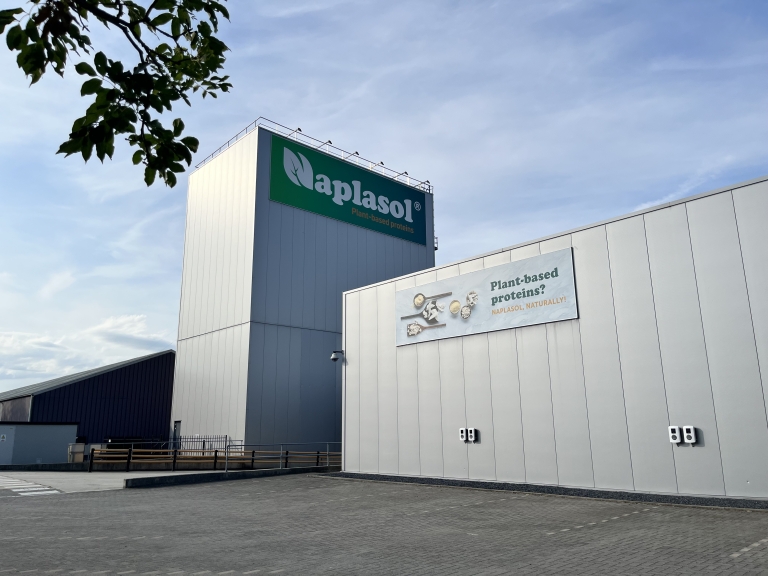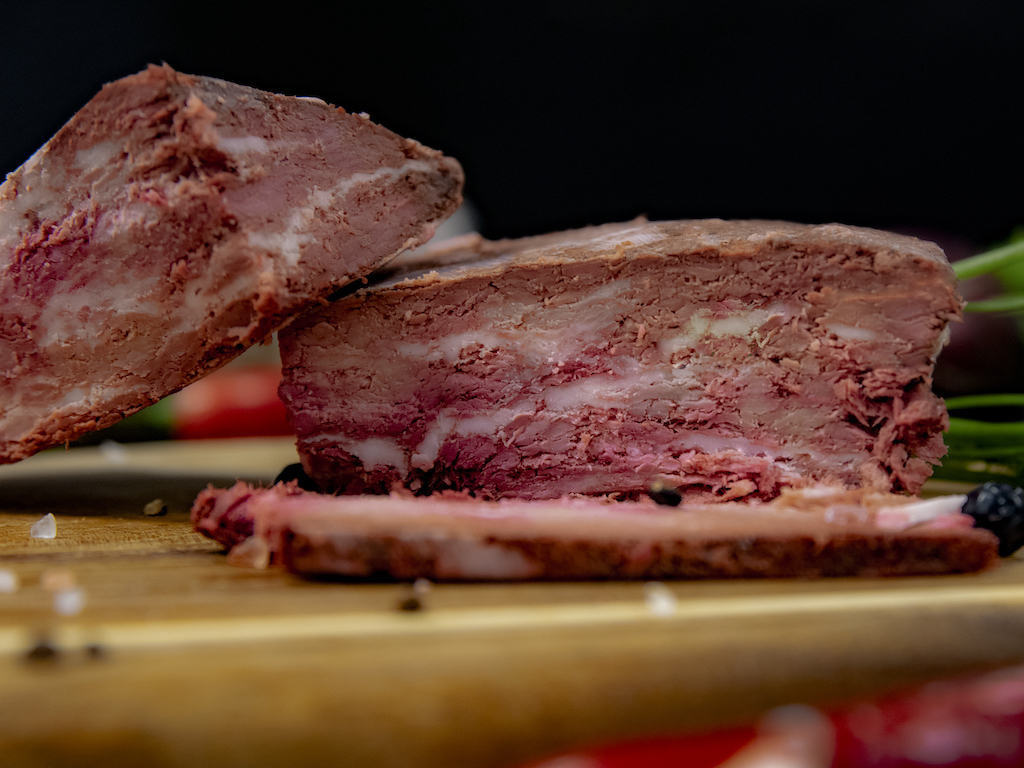Mycorena Acquired by Fellow Mycoprotein Producer Naplasol A Month After Filing for Bankruptcy
4 Mins Read
Swedish mycoprotein startup Mycorena has been acquired by Naplasol, a fellow biomass fermentation player, just over a month after it filed for bankruptcy.
Naplasol, a biomass fermentation subsidiary of Belgian animal protein producer Veos Group, has acquired Swedish mycoprotein counterpart Mycorena.
The deal comes six weeks after Mycorena appointed law firm Advokatfirman Lindahl KB as trustee to administer its bankruptcy process, following unsuccessful attempts to raise capital for a Series B round and the decision to halt plans for a commercial-scale factory.
The takeover will see Naplasol produce Mycorena’s Promyc ingredient at its industrial plant in Bree, Belgium, diversifying its mycoprotein product portfolio for the food, pet and feed sectors.
“Our vision is to become a global leader in the sustainable production of essential proteins through fermentation technology, and the acquisition of Mycorena is perfectly aligned with this goal,” Naplasol commercial director Lowie Vanholme told Green Queen.
Mycorena and Naplasol to benefit from ‘complementary knowledge’

Veos Group, founded in 1974, makes animal protein products like collagen, plasma, globins and functional meat ingredients for the human and pet food sectors, as well as the feed industry. Naplasol targets the same industries, but with a range of mycoprotein ingredients (called SNF) to enhance meat analogues.
Mycorena, meanwhile, sells its fungi-derived proteins and fats to food manufacturers. Promyc, its flagship ingredient, is said to be neutral in flavour with a strong fibrous texture, and has a lower environmental footprint than both animal and plant proteins.
Wim Slee, co-CEO of Veos Group, noted how both companies “are active in the same field and have complementary knowledge and products [from] which we can benefit in the future”.
“We [are] now focused on our clear and ambitious goal: bringing Promyc to the market on an industrial scale,” said Vanholme. “Naplasol is proud to operate a state-of-the-art facility in Bree, Belgium where we look forward producing Promyc. This site is also continuing the manufacturing of our existing SNF mycoproteins.”
Having raised €35M in equity funding, including a then-record Series A round for a Nordic alternative protein startup, Mycorena had made considerable progress, selling consumer products in six EU nations via collaborations with the likes of Rebl Eats, Meeat Food Tech Oy, Revo Foods, and RIP Foods.
But the unforgiving food tech funding environment of the last couple of years meant new capital was hard to come by. “However, the investor appetite for large-scale capital-expenditure-driven projects within [the] alternative protein space has significantly diminished over the past few years,” Mycorena founder Ramkumar Nair told Green Queen last month.
He labelled the situation a “big catch-22”, explaining: “Investors would like to see strong binding offtake agreements before they sign up on a large capital expenditure project, whereas the partner companies that we were working with are reluctant to sign offtake contracts without seeing strong production capabilities.”
This, coupled with its B2B partners decelerating their growth plans, pushed Mycorena to cancel its scale-up project and refocus on its demo facility, as well as turn to B2B2C operations. “Despite this pivot, the accumulated challenges of the past two years have left us with limited options,” Nair said, outlining why the company filed for bankruptcy.
Latest in a string of alt-protein brand revivals

For Mycorena, the move was always intended as a step towards reviving the business. “Although it was emotionally a difficult decision to make for all of us, filing for bankruptcy was the most viable path forward for the company, allowing it to make a clean restart,” Nair explained at the time.
He said that some of the company’s former shareholders and certain new investors were building a consortium to buy back the bankruptcy estate and reinstate the company’s operations.
In the end, it has been acquired by Naplasol, joining Meatless Farm, VBites, Tattooed Chef and Plant & Bean as the latest alternative protein startup to come back from the brink in the last 18 months.
“We are proud that we can continue the story of Mycorena, as we strongly believe in the future of mycoproteins,” said Slee. “Mycoproteins are clearly a sustainable protein alternative, with a lower CO2, land and water footprint compared to other plant-based proteins.”
Addressing the implications for its employees, Nair said last month: “We possess substantial intellectual assets and know-how within our company, and we consider our team to be a cornerstone of our value. As we are now making efforts to restart, our goal is to retain the founders and all employees and continue Mycorena’s envisioned journey under new ownership.”
Vanholme declined to share details about how the acquisition would affect Mycorena’s employees and executive team, suggesting that this has “not yet been fully determined”.
Following the takeover, Nair remarked: “Mycorena has been on an exciting journey towards becoming a leading player in the mycoprotein industry. The acquisition and merger with Naplasol offer a unique opportunity to build on the foundation we have established.”



